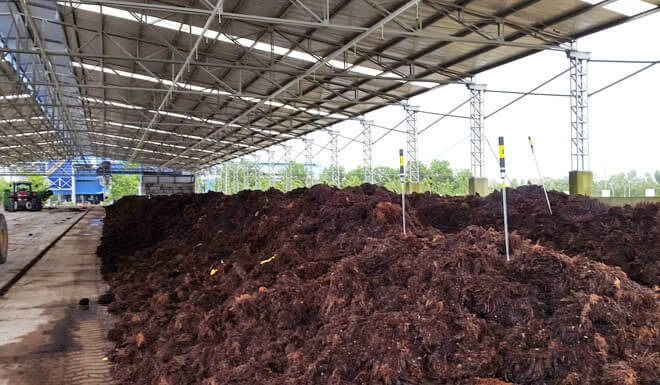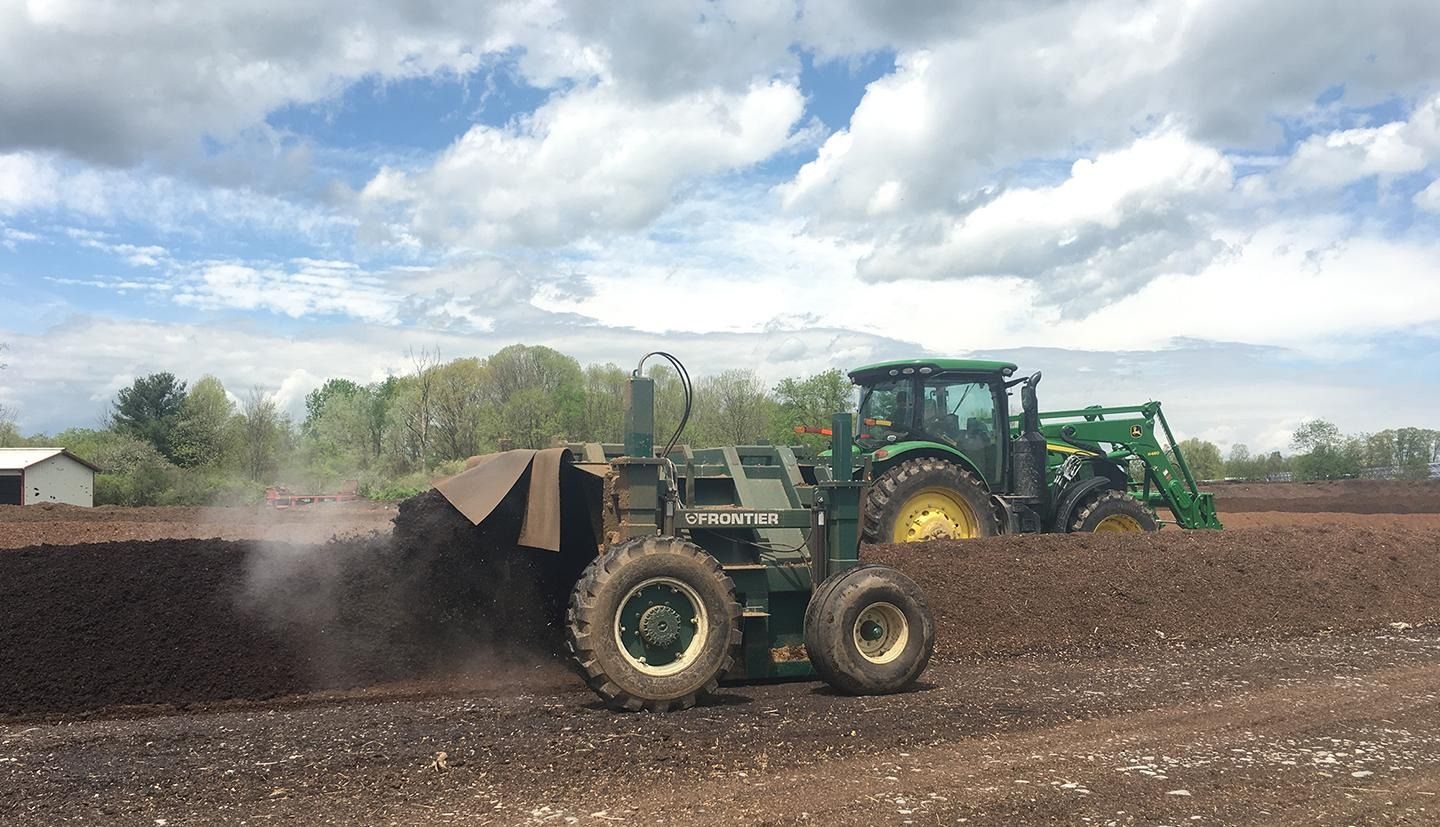Healthy soil is the foundation of productive farming, and restoring that health has never been more important. At Carbon Cycle Consulting, the focus is on helping farmers rebuild soil vitality through regenerative methods that work with nature, not against it. The company’s compost, compost tea, and consulting services are all designed to improve soil function, increase organic matter, and turn waste into a valuable agricultural resource.
Modern agriculture often faces the challenge of depleted soils caused by years of tillage, chemical use, and erosion. Regenerative soil practices aim to reverse that damage. By improving soil carbon levels and promoting microbial activity, farms can increase yields, reduce input costs, and make their land more resilient to drought and changing climate conditions. Carbon Cycle Consulting provides a full range of compost-based and soil-health solutions that help farmers achieve those results.
Understanding Regenerative Soil Solutions
Regenerative soil solutions are centered on restoring what has been lost. They focus on rebuilding soil structure, increasing biological diversity, and locking carbon back into the ground. When soil functions properly, it holds more water, cycles nutrients efficiently, and supports healthier crops. These improvements are not short-term fixes; they build long-term resilience.
One of the key processes behind this is soil carbon sequestration. Plants absorb carbon dioxide during photosynthesis, and through their roots, a portion of that carbon is transferred into the soil. When farmers use compost and other organic amendments, they increase the soil’s ability to hold that carbon. This natural process helps reduce greenhouse gases in the atmosphere while enriching the soil for better plant growth. It’s a win for both the farm and the environment.
How Compost Plays a Central Role
Compost has been used for centuries, but today’s technology allows for a more refined and targeted approach. Custom compost blends can be tailored to match the nutrient needs of specific crops and soil types. Carbon Cycle Consulting works with farmers to design these mixes using high-quality organic materials, ensuring each batch supports strong microbial life and balanced nutrition.
Compost tea is another effective tool. Made by steeping compost in water and aerating it, compost tea delivers living microorganisms directly to the soil and plant roots. This living solution enhances nutrient uptake, suppresses disease, and improves soil texture. Regular application helps keep the soil ecosystem alive and thriving.
Microbial soil amendments further strengthen this process. These inoculants add beneficial bacteria and fungi that break down organic matter, unlock nutrients, and create a healthy environment for roots to grow. When combined with compost and good management practices, these microbes become a powerful force for soil regeneration.
Designing Compost Facilities for Efficiency
Good compost doesn’t happen by accident. It requires a well-planned facility that maintains the right balance of moisture, oxygen, and temperature for proper decomposition. Carbon Cycle Consulting assists farms and operations in designing compost facilities that produce consistent, high-quality material. Proper design ensures waste materials are handled efficiently and turned into valuable soil inputs without odor or runoff issues. A good facility layout also helps reduce labor and operational costs, making composting practical at scale.
Turning Waste Into a Resource
One of the most impactful aspects of regenerative farming is organic waste recycling. Instead of sending plant residues, food scraps, or manure to landfills, these materials can be processed into nutrient-rich compost. This reduces waste disposal costs while creating an endless supply of natural fertilizer. Carbon Cycle Consulting’s systems are built around this principle—closing the loop between waste and soil fertility. Every ton of compost produced keeps carbon in the soil and out of the atmosphere.
Why Soil Health Consulting Matters
Healthy soil is complex, and each farm’s conditions are different. That’s why Carbon Cycle Consulting offers detailed soil health consulting services. The process often begins with soil testing to understand organic matter levels, nutrient balance, and microbial activity. From there, the team provides recommendations on how to improve structure, boost fertility, and build long-term soil carbon. These consultations give farmers a roadmap to manage their land more efficiently and sustainably.
The Bigger Picture of Sustainable Farming Inputs
Sustainable farming inputs go beyond compost and microbial products. They represent a shift toward practices that work in harmony with the ecosystem. By using renewable inputs, reducing dependency on synthetic fertilizers, and protecting soil biology, farmers can maintain productivity without sacrificing environmental integrity. This approach builds trust with consumers, meets growing sustainability standards, and improves the profitability of farms over time.
Real Benefits for Farms and the Planet
Farmers who adopt regenerative soil practices often see results within a single growing season. Crops grow stronger roots, hold moisture better, and resist disease more effectively. Over time, fields become easier to manage, requiring fewer chemical interventions. On a larger scale, these practices contribute to cleaner water, healthier ecosystems, and measurable climate benefits through carbon capture.
Looking Ahead
The path to a sustainable agricultural future starts beneath our feet. Regenerative soil solutions are more than a trend they’re a necessary evolution in how we think about farming. Carbon Cycle Consulting continues to innovate in composting, microbial technology, and soil management to help farms achieve long-term success. Every compost pile, every soil amendment, and every consulting session contributes to a cycle that restores the land and strengthens communities that depend on it.
Healthy soil builds healthy food systems, and healthy food systems sustain the planet. By adopting regenerative methods and partnering with experts like Carbon Cycle Consulting, farmers aren’t just improving yields they’re shaping a more sustainable world for generations to come.





